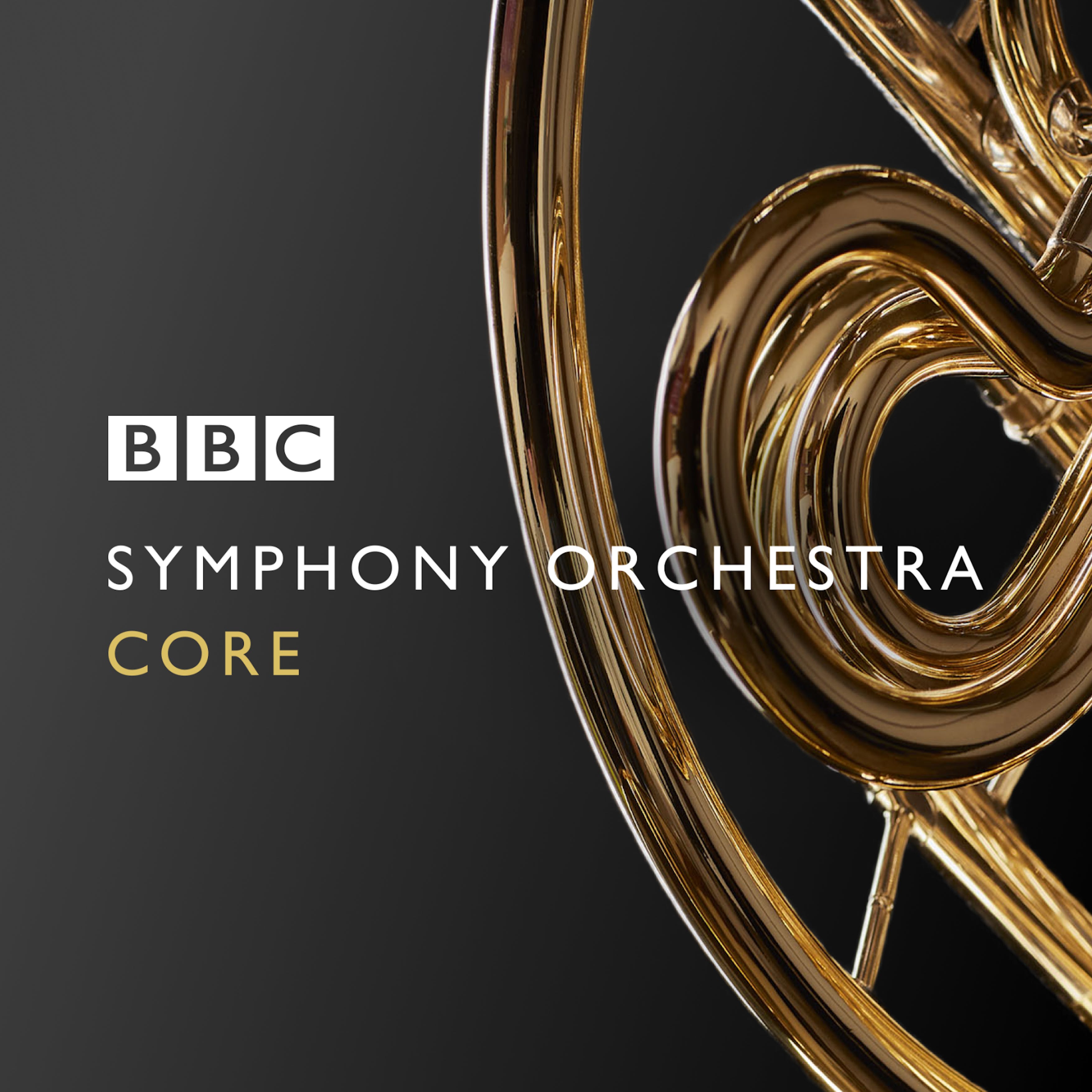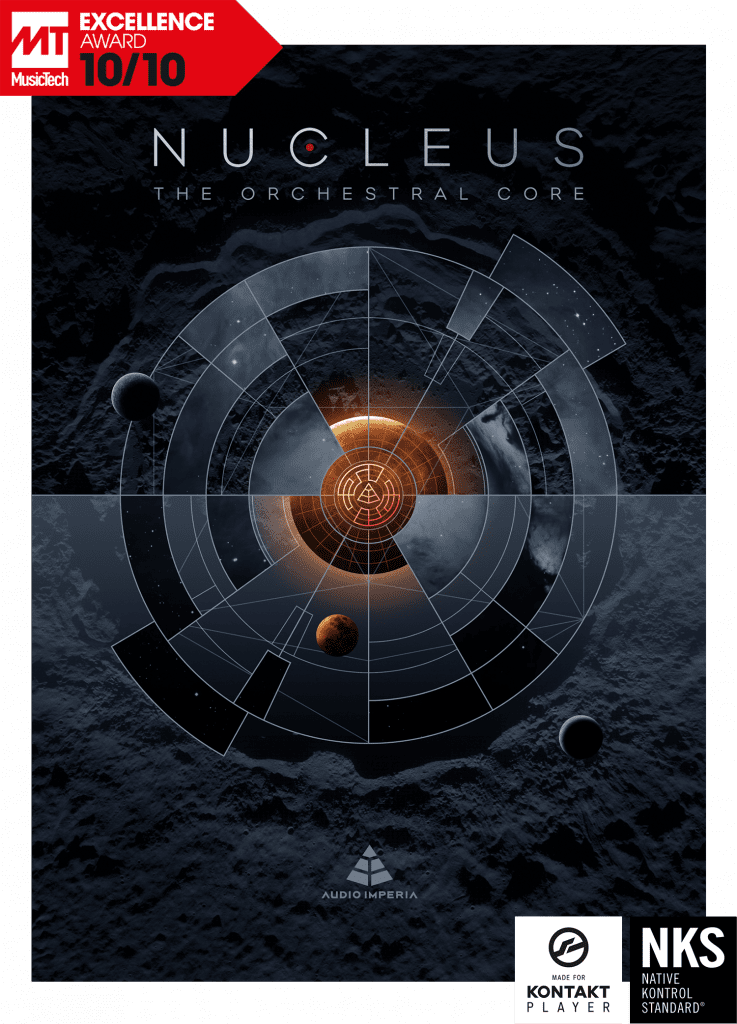Best options are probably
EastWest Hollywood Orchestra Opus (on sale right now for $299 down from $995), Spitfire
BBC Symphony Orchestra Core ($449), or Audio Imperia's
Nucleus ($449). HOPUS is probably (definitely) the best value, but research each of these to find which you personally like best. And hold out for a sale on the latter two options as well if you can wait.
Hollywood Orchestra Opus Edition VST plugin is an award winning virtual orchestra. Includes Orchestrator for creating blockbuster soundtracks in seconds.

www.soundsonline.com
BBC Symphony Orchestra Core is the gold standard in orchestral sampling, featuring essential instruments, one mix signal and the full range of articulations.

www.spitfireaudio.com
Nucleus | The Orchestral Core - An orchestra at your fingertips. The definitive collection of Strings, Wind, Brass, Percussion, Choir and Sound Design.

www.audioimperia.com
As
@Sean Linge mentioned, make sure you like the tone/articulations, and workflow.
Each sound differently, works differently. Look for walkthroughs on them, to see how they sound in isolation for the included instruments.
Keep in mind, the type of music you want to make. Since some libraries might be easier to pull certain music easier than the other (the other needs more works e.g.): read below about tone.
Please note, what follows is of course my opinion (and subjective), so take that in mind.
I have (besides many other libraries) Hollywoord Orchestral Opus (diamond) and BBC SO core, which i will likely upgrade to pro very soon.
Tone:
i like the Brass from Hollywood Orchestra better for the louder dynamics, but for lower dynamics BBC SO is my preference out of the two.
As for the woodwinds: BBC SO blows (pun intended) the Hollywood Orchestra woodwinds out of the water. Strings i find the BBC SO for many occassions better sounding, more cohesive nature (like a group playing together). Percussion is better sounding too, in BBC SO.
Overall Winner (for me): BBC SO.
Character of each orchestra (purpose/geared towards):
BBC is more sounding like a classical performance in a concert hall/stage.
Hollywood Orchestra sounds more studio like (in a good way), focussed.
Nucleus, i do not have, but from what i've heard so far, it's more hyped in nature (some call it "Epic").
You may have guessed: i'm not so much into Epic/bold sounding music.
 @Joe K
@Joe K
Spitfire has a sale going on for the majority of their products, including the BBC SO line.
E.g. BBC SO Core for 314 EUR/USD, instead of 449








